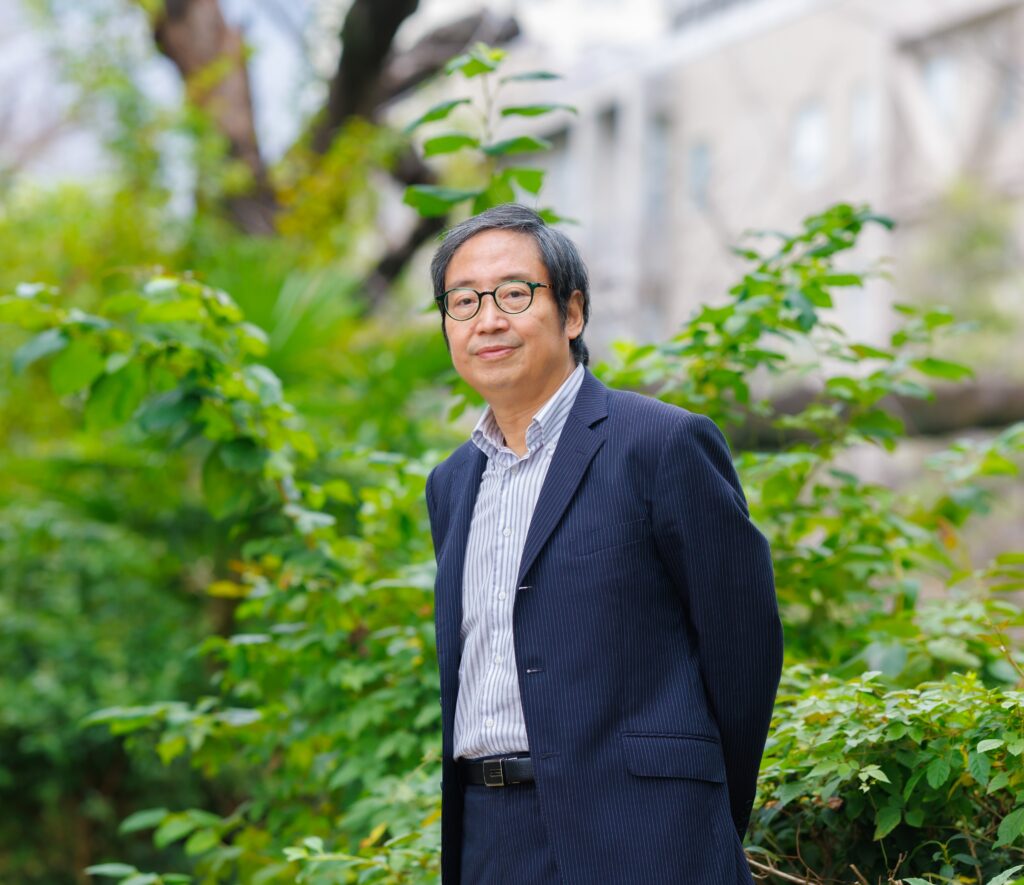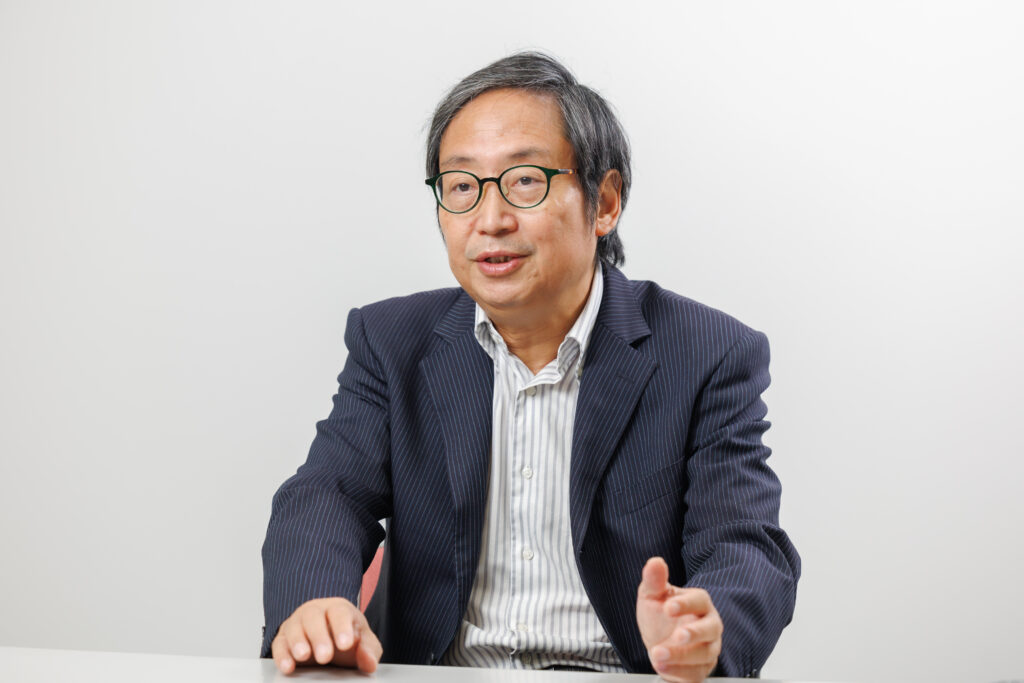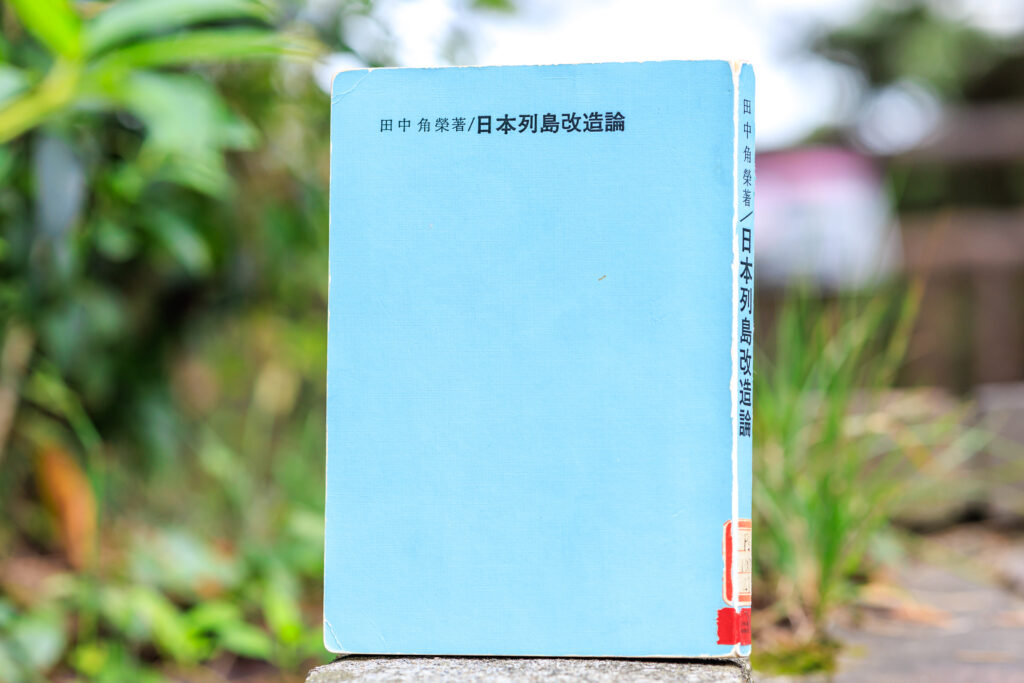
Professor Guangwei Huang from the Graduate School of Global Environmental Studies researches and proposes new approaches to flood risk management centered on environmental conservation and not solely dependent on dams and dikes. With ecosystems being lost today, he talks about the importance of protecting rivers and wetlands, coexisting with floods, and his emphasis on fieldwork.
Sustainability studies is an academic field that looks at the visions for solving environmental issues—such as global warming—and building a sustainable global society. I undertake research in this field centered on the theme of water with a focus on balancing flood risk management and environmental conservation. I emphasize efforts that use dams and dikes as well as wetlands and the surrounding natural environment to prevent damage from flooding.
Wetlands serve to regulate water overflowing from rivers after heavy rains. However, many wetlands have been filled, and it is said that approximately 35% of the world’s natural wetlands were lost between 1970 and 2015.
When controlling water volume with dams and dikes, the adverse impact on ecosystems is significant. For example, the freshwater fish known as ayu feeds on algae that grows on riverbeds. When the flow of a river is reduced, dirt and sand on the riverbed accumulates instead of flowing away, making it impossible for algae to carry out photosynthesis and reproduce. As a result, the number of ayu also drops.
Floods and a degree of river overflow on floodplains are necessary to maintain ecosystems of rivers and riparian areas.

From the perspective of sustainability studies, floods and river overflow are necessary for ecosystems. However, for humans, these events lead to loss of lives and economic damage, and it is therefore necessary to have new methods of flood risk management that prevent flood damage while protecting ecosystems. I feel that this is the reason for my research.
My research methods center on fieldwork and numerical analysis. I look at regions—both in Japan and overseas—facing issues with maintaining ecosystems and taking measures against flood damage.
One achievement is my research on the basin of the Chao Phraya River in Thailand. This is a major river that flows through the heart of Bangkok, and its basin contains one of the world’s leading rice-growing regions as well as industrial estates. Heavily polluted by household wastewater, there were also several large-scale floods in the past.
After researching the change in the river’s water quality over a period of three years, I found that heavy rains in the first half of the rainy season cause pollutants to flow into the river. In contrast, these rains have the opposite effect in the second half, cleansing the river. There were also many natural areas, untouched by human hands, around the basin.
We submitted these research results to the river management authorities. Instead of building new dikes and such, we proposed measures that prevent flood damage while protecting ecosystems, such as thorough implementation of evacuation measures using temples in the basin as disaster prevention bases.
Hoping that the results of research can be useful decades in the future
My research policy is to find difficult issues as far as possible and at the same time, work until we propose solutions to these issues. This is also the reason for fieldwork, and so far, I have carried out research at many places that face challenges with maintaining ecosystems, including Sarobetsu Wetlands and Lake Abashiri in Hokkaido, Watarase-yusuichi detention basin in northern Kanto, Lake Teganuma in Chiba, and Sakata and Lake Kamo in Niigata.
During fieldwork, I actively engage with local residents. Often, I discover new research themes from our conversations. I find my research interesting when I identify the causes of issues and when solutions become clear. Such moments make me happy, so much so that I see them as rewards for myself.
Flood risk management with moderation is already being carried out, such as in the upper reaches of the Yangtze River in China. In many countries, there are legal issues and other challenges, and it is difficult to achieve such management immediately. However, I believe that understanding will spread in the decades ahead.
Maybe it is like wine, where its goodness is understood with time. I think it is fine to have such a kind of research. I will stride forth, believing that my research will help to contribute to society in the future.
The book I recommend
“Nihon Retto Kaizoron”(Building a New Japan: A Plan for Remodeling the Japanese Archipelago)
by Kakuei Tanaka, Nikkan Kogyo Shimbun

I encountered this book while in graduate school and was deeply inspired by the ability of the author—a politician who executed the remodeling of the Japanese archipelago, such as building expressways and the bullet train system—to accomplish tasks. While there were many scandals in his later years, including being arrested and detained, there are many things to learn from his way of life.
-
Guangwei Huang
- Professor
Master’s (Doctoral) Program in Global Environmental Studies
Graduate School of Global Environmental Studies
- Professor
-
Graduated from the Division of Pure Mathematics, Fudan University, and obtained his Ph.D. in Engineering after completing the Doctoral program of the University of Tokyo’s Graduate School of Engineering. Took on several appointments—such as associate professor at Kanazawa University’s Faculty of Engineering, Niigata University’s Faculty of Engineering, and the University of Tokyo’s Graduate School of Frontier Sciences, as well as professor at the National Graduate Institute for Policy Studies—before assuming his current position in 2011.
- Master’s (Doctoral) Program in Global Environmental Studies
Interviewed: September 2023